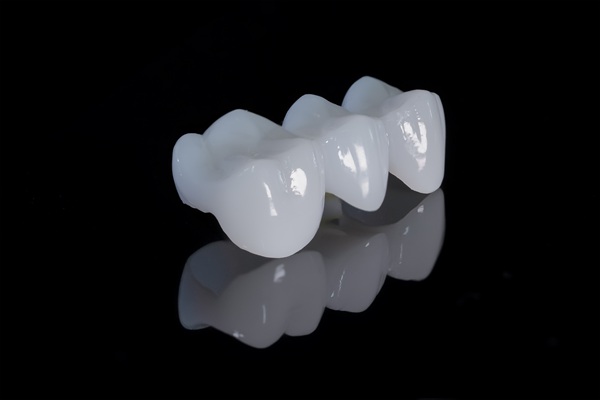 Curious about root canals? Read on to learn more about when this procedure is recommended. Regular dental checkups are essential components of maintaining oral health. Although some teeth that need root canals may not cause symptoms, in most cases, patients will experience signs that are hard to ignore. Generally, when experiencing dental pain that disrupts sleep, work, or leisure, it is time to consult a dentist.
Curious about root canals? Read on to learn more about when this procedure is recommended. Regular dental checkups are essential components of maintaining oral health. Although some teeth that need root canals may not cause symptoms, in most cases, patients will experience signs that are hard to ignore. Generally, when experiencing dental pain that disrupts sleep, work, or leisure, it is time to consult a dentist.
3 reasons that root canals may be recommended
A root canal is a procedure aimed at cleaning out tooth roots and sealing the space with a biocompatible material. After a root canal, the dental professional places a permanent restoration such as a dental crown. Undertaking these steps helps save teeth that might otherwise require extraction.
Here are three common signs that one may need a root canal:
1. Tooth pain
While tooth pain does not always indicate a need for a root canal, it does signal an issue. A thorough examination by a dentist can help determine the cause. Dental pain can range from mild to excruciating and may be constant or intermittent. Patients might feel pain only when chewing, or it could persist for hours or days. Pain often changes in intensity over time.
Root canal pain typically starts with mild discomfort, progressing to extreme pain or sensitivity, and may eventually lead to an abscess or infection if left untreated.
2. Swelling
Swelling can vary from mild to severe. Patients may notice a tender, slightly raised spot on the gum near the tooth, or experience swelling in their neck or face. This area may or may not drain fluid and is likely to feel sore or tender. Long-standing dental issues can cause swelling that recurs over weeks, months, or years. Regardless, swelling is a clear sign of a problem requiring immediate attention, so consult a dentist immediately.
3. Temperature sensitivity
Dentin hypersensitivity, or sensitive teeth, can have various causes. However, a new sensitivity to hot and cold temperatures can sometimes be the only outward indication that a tooth needs a root canal. Patients might feel mild discomfort, and consuming hot or cold items like cold water or hot pizza could be unbearable. The dentist will determine the source of the pain and whether a root canal is necessary.
The symptoms above often manifest when a tooth grapples with a severe infection. Unfortunately, by the time patients experience pain, heightened sensitivity, or detect an abscess, the bacteria have already infiltrated the inner pulp of the tooth. The dentist can identify potential problem areas through X-rays during routine dental cleanings and exams. Even a minuscule crack or chip in the tooth can be an open invitation for bacteria to enter its inner canal.
The bottom line
Historically, root canals had a negative reputation as painful and uncomfortable procedures. However, modern root canal treatment has dramatically changed this perception. Patients are more likely to describe their experiences as "a long dental filling" than painful ordeals. Schedule a consultation with our dental office today to determine if you need a root canal treatment.
Request an appointment or call Dental Partners Fountain City at 865-672-6525 for an appointment in our Knoxville office.
Related Posts
There are many ways to keep your teeth bright, white, and healthy. However, you may see unfamiliar stains or shades on your teeth, making them appear gray. Fortunately, a general dentist can evaluate gray teeth by identifying the root cause of the change.It is common for teeth to change color, and it does not always…
Dental implants are the ideal solution for anyone looking to replace damaged or missing teeth. They are the top choice for patients who want the next best thing to real teeth and provide a permanent solution that can last a lifetime.Dental implants can be used to replace one or multiple missing teeth. They provide excellent…
Most everyone is familiar with the fact that dentists use dental fillings to treat cavities. What not everyone is aware of, however, is why dentists need to treat cavities with fillings or why teeth decay the way they do in the first place. We all want to keep our teeth healthy, and fillings have been…


